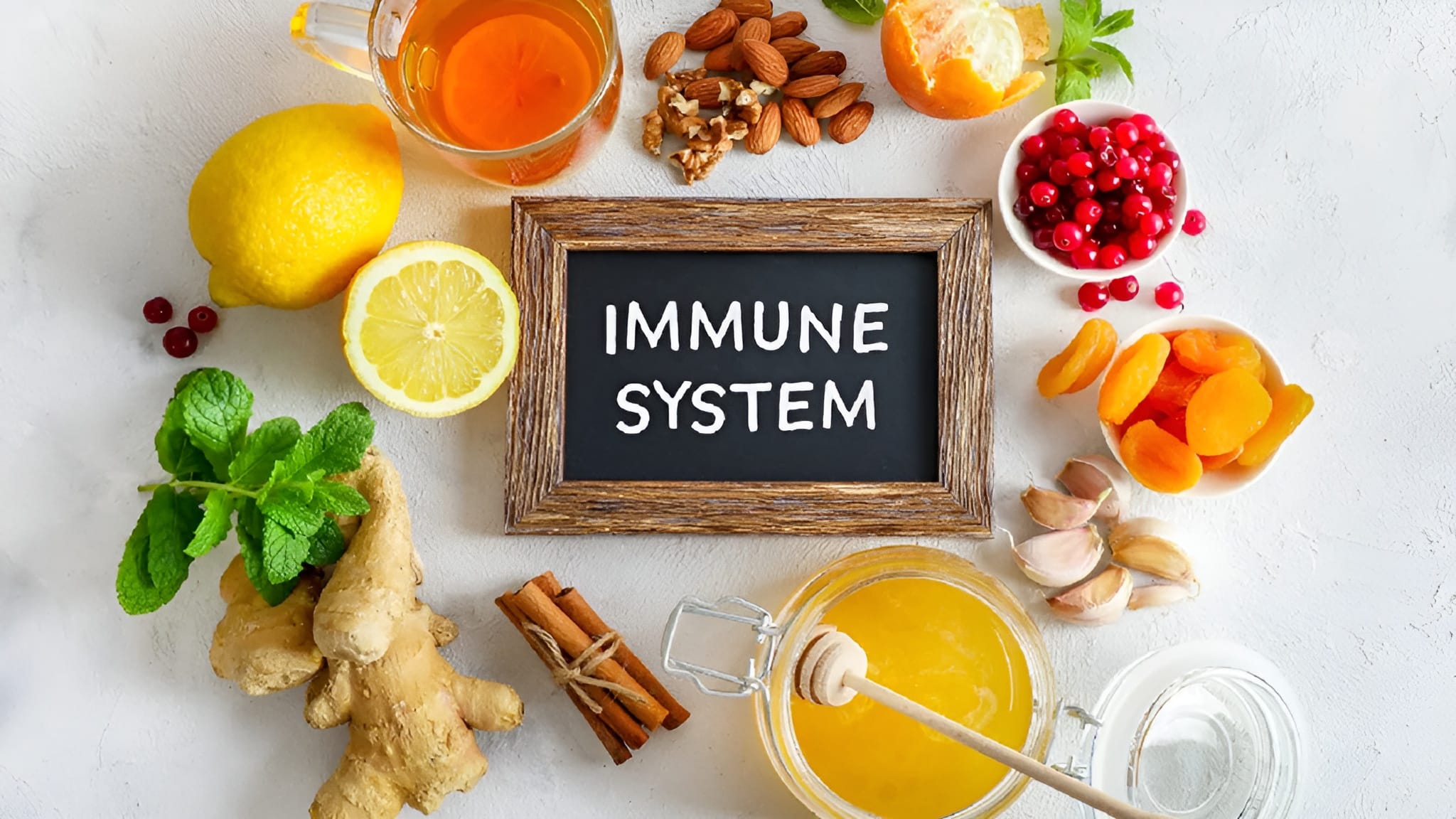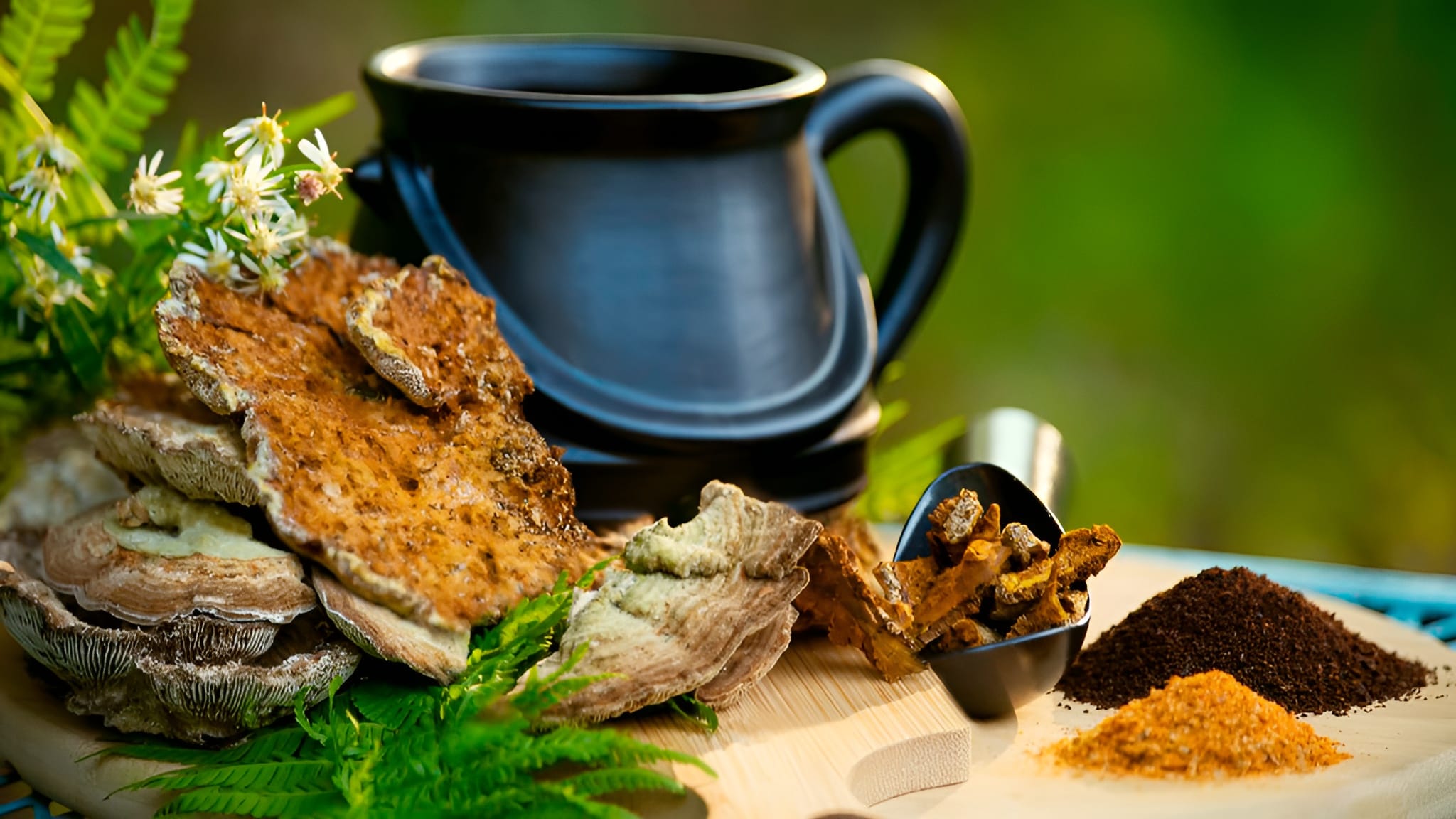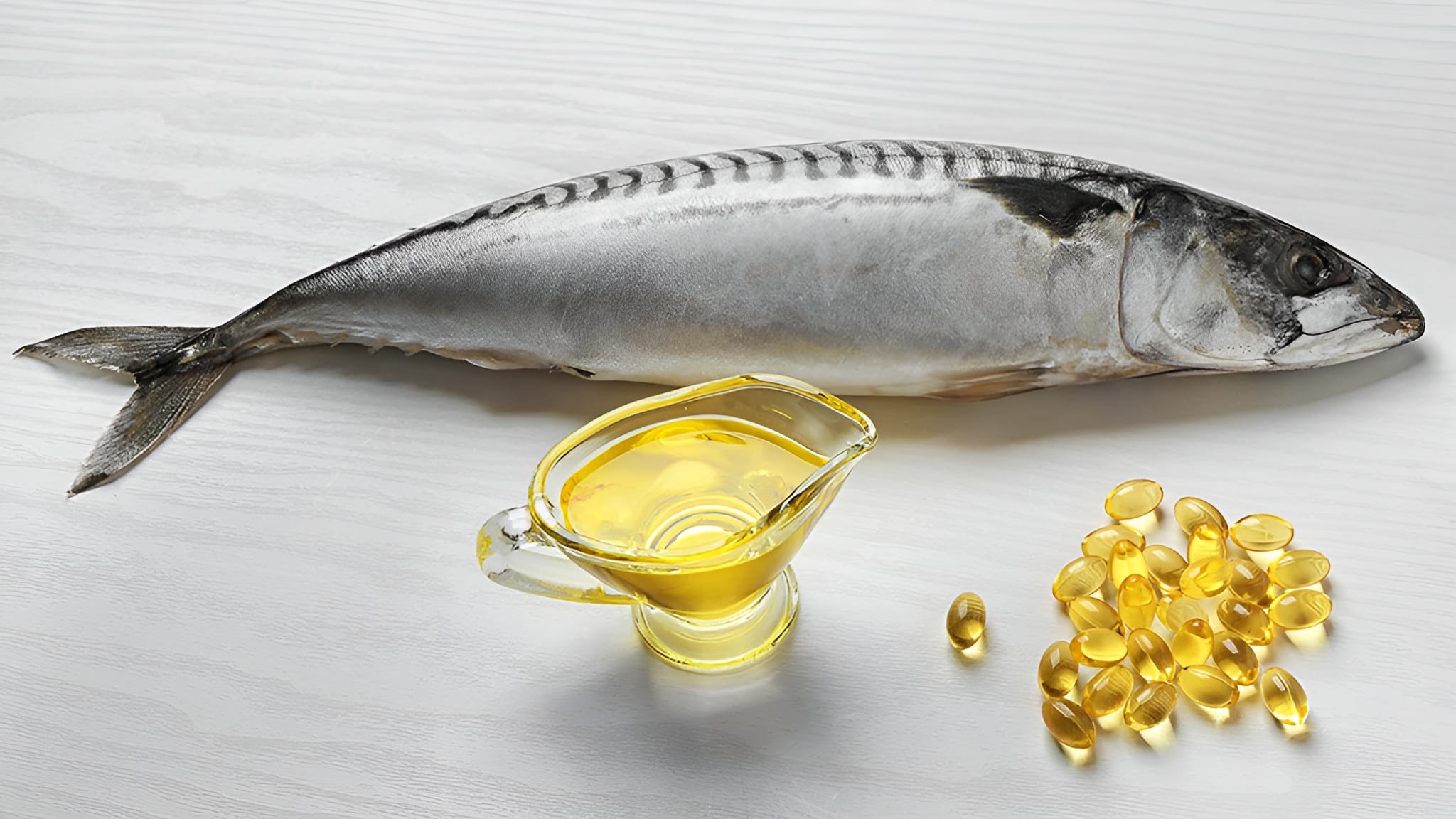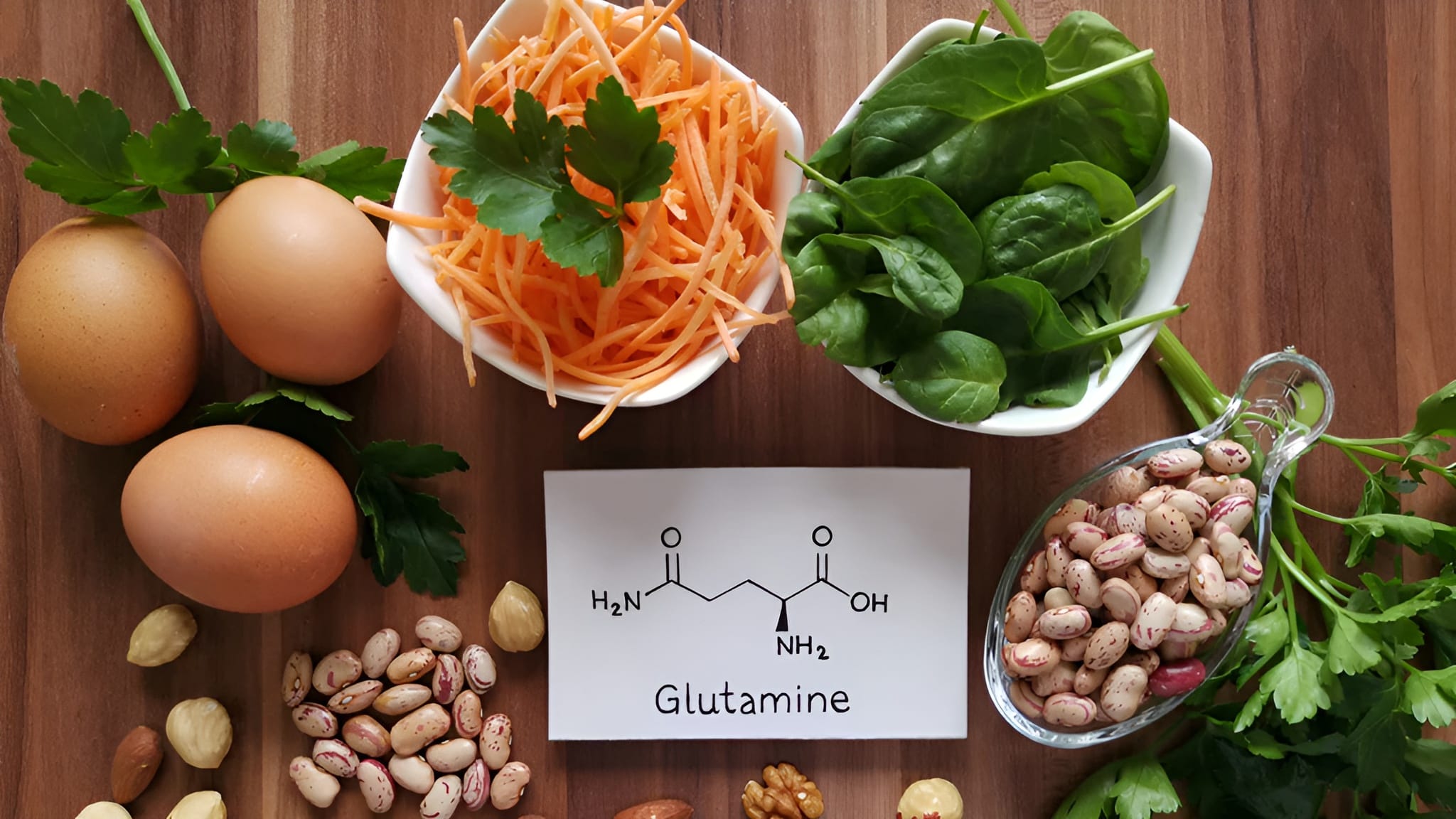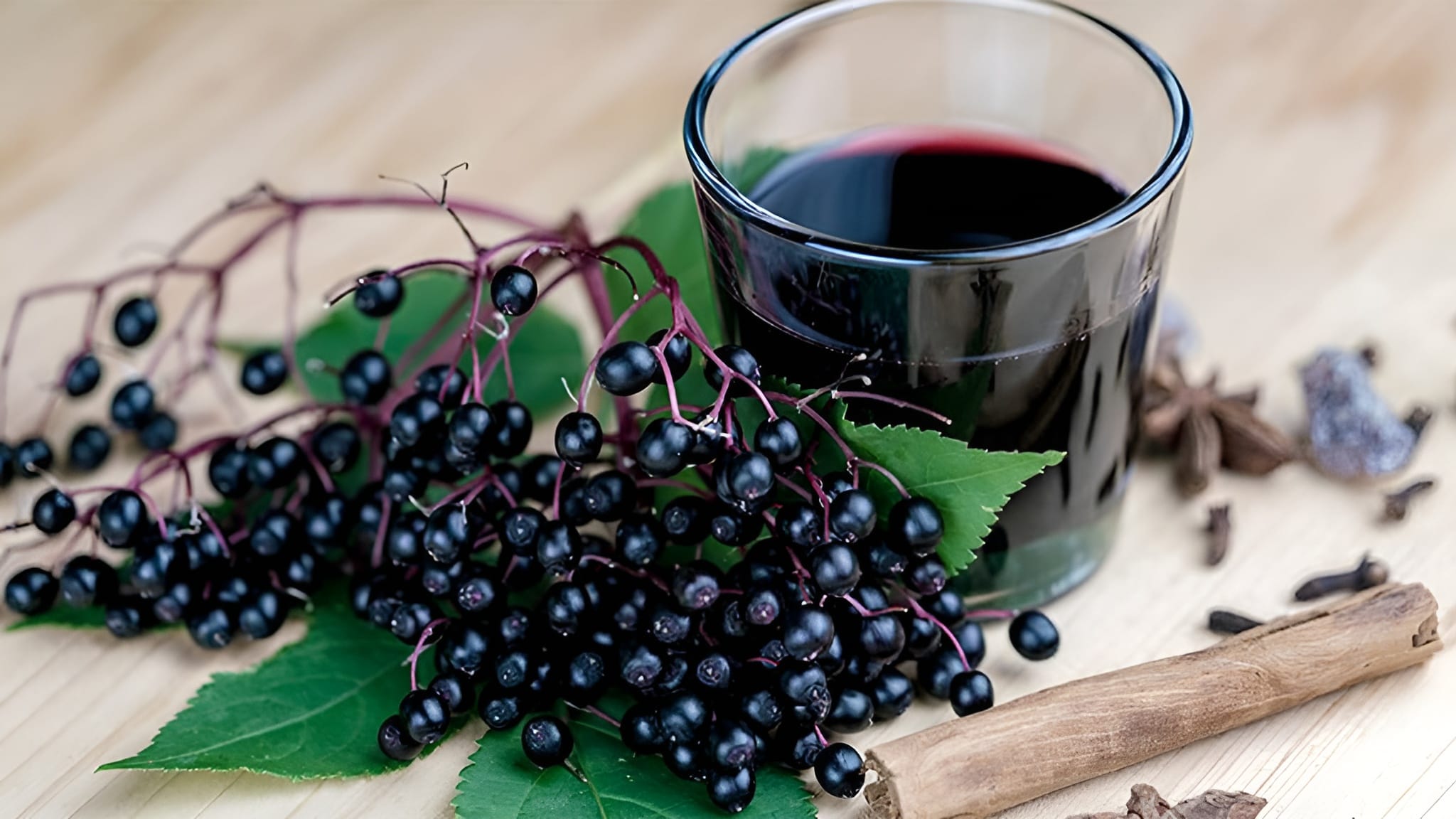Having a strong immune system is a very important aspect of life. We take it for granted when working properly, but upon failure, you will soon become very tired, weary, and probably sick. Taking immune system supplements will not only make you less prone to sickness, but improve your well-being.
See, a healthy immune system is really a lifestyle choice. Many factors go into having a well-functioning immune system. These include simple things such as going outside to get fresh air, having a good night of conversation with friends, and getting proper rest and diet.
Outside of these easy things however, there are also many supplements which can be taken. In this article I will go over some of the more important ones which pop out in my mind. There are many, but I’m going to try to keep this list concise and powerful.
Table of Contents
Plant Immune System Supplements
Ginseng
One of the less-mentioned immune system supplements, ginseng has a long and reputable history in this category. In clinical trials, Ginseng has been shown to be a great immune-modulator, keeping the body in homeostasis as it should be. [1]
For example, Ginseng can increase the activity of your natural immune system response. Particularly by making macrophages – parts of the immune system which swallow foreign objects like viruses – more active. [1]
It has been shown to have antioxidant properties through the increase of Nitric Oxide. [1]
Echinacea
I often take ginseng with echinacea as an immune system supplement. There are mixed clinical results on the effectiveness of Echinacea. However, it has an extensive past and was used for thousands of years before our time. There is good evidence from academic sources that echinacea could reduce chances of getting a cold by around 22% [2].
There are great reasons why this plant happens to be so effective at preventing colds.
The most important one is the abundance of antioxidants found in the plant. These include compounds like rosmarinic acid, cichoric acid, and also flavonoids. [3]
Another great benefit of Echinacea is that it has a great deal of anti-inflammatory action in it. Although inflammation is natural, it does begin to wear the body down if prolonged. Echinacea can at least provide some relief.
To mention a few other things, Echinacea has been shown to lower blood sugar levels, reduce anxiety, and even protect against cancer! [4] [5] [6]
Other natural options like Bee Pearl for antioxidant immunity offer concentrated plant polyphenols and unique bee nutrients that strengthen resilience and vitality.
Garlic
Although useful for warding off vampires, there’s more that garlic has to offer. Even the clinical studies are clear on this one. Through its active ingredient Alliin, which converts itself to an array of other medicinal chemicals, garlic gets a strange power against viral infections. [7] [8]
For example, it can make you 60% less likely to catch a cold, and also reduce the duration of your colds by around 70%. These are astounding figures, very significant. The sample size was 146 over three months, so this data is solid. [9]
Turmeric
This plant is often used for its effects as an anti-inflammatory through the curcumin molecule. Not many studies directly correlate turmeric to better immune systems. They are more commonly associated with the health of your cardiovascular system and brain.
However, it’s been found that Turmeric, or curcumin does serve as an immune system supplement in various ways, for example:
Vitamin Immune System Supplements
Aside from the useful effects certain plants might have on your immune system, there’s more to the story. Vitamins play an extremely important part in your immune system. Both in the realm of creating immune cells and catalyzing the reactions needed to take place.
Vitamin C
Vitamin C is perhaps the most important aspect to immune health out of the other vitamins. It can not be created by the body yet is necessary. It’s also an antioxidant in and of itself. [14] Not having enough Vitamin C will even make you prone to becoming sick in the first place. Taking vitamin C before you get sick will actually reduce the time and severity of your illness. [15]
All these things point to vitamin C being almost the cornerstone of your immune system’s wellbeing.
Vitamin D
Although most commonly associated with the sunlight and perhaps bone health, vitamin D is a lot more. It has recently been getting a lot of attention because it has been linked to the modulation of immune responses. [16]
Supplementing with Vitamin D3 for immune balance has recently gained attention for its role in modulating immune responses and keeping defenses resilient.
The most important mechanism is my stimulating the creation of antimicrobial peptides. These are created in the body to play an active role in the defense of the body. [17][18] They serve many roles in this regard. Supplementation with even a low-moderate dose of vitamin C can decrease the incidence rates of colds by 40%. [19]
Vitamin E
I’ve always been a great fan of vitamin E. Used outside the body, it is a fantastic way to heal wounds with ease and without getting infected. In addition to this though, it’s actually quite a serious compound in the body as well.
There, it serves like vitamin C as an antioxidant. It also, like vitamin C takes place in hundreds of different reactions, many of which are directly correlated with immune function. [20]
Vitamin B6
This vitamin is also essential. It takes place in many reactions core to the immune response. Without it, you are much more liable to get sick. [21] If you find yourself sick all the time and don’t know why, like you’re doing everything else right, B6 is a good place to look.
Deficiencies can be solved with ease and so should be.
Conclusion
I think that was a pretty good list of some of the best immune system supplements that I’ve come across personally. I take all of these things and look upon them fondly as I remember how many years it’s been since I’ve been sick.
For those of us lucky enough to be relatively healthy, it’s not hard to take it to the next level. Make sure you’re keeping your vitamin levels adequate, and if you wish, try some of the plant supplements too. There are a few other things I could mention.
Zinc, and dandelion root are great for immune response and detoxifying the body, respectively.
Probiotics are also often overlooked, but a healthy gut biome is essential for overall immunity.
A targeted probiotic like probiotics for gut-immune health ensures your microbiome is balanced—the frontline of your immune system.
FAQ
Begin with the basics: a quality multivitamin, vitamin D3 (ideally after testing), and daily vitamin C. Layer one botanical that fits your goals—ginseng (balance/energy), echinacea (seasonal support), garlic (respiratory/colds), or turmeric/curcumin (inflammation). Add a probiotic if your diet is light on fermented foods.
Yes—just be smart about timing:
With meals: fat-soluble vitamin D & E, turmeric/curcumin (with a little fat; black pepper helps absorption).
Split dose: vitamin C (AM/PM) for steadier levels.
Botanicals: many rotate echinacea in 2–3 week blocks; garlic can be daily with food.
Consistency beats perfection.
Garlic & turmeric/curcumin may potentiate blood thinners—check with your clinician.
High-dose vitamin E can increase bleeding risk; vitamin D excess is possible—avoid megadosing.
B6 should stay within labeled ranges (very high, long-term intakes can cause neuropathy).
If pregnant, breastfeeding, autoimmune, liver/kidney issues, or on prescription meds, get personalized guidance first.
If you were low on key nutrients, energy and resilience may improve in 2–6 weeks. Botanicals often feel more situational (e.g., at first sign of a cold). Supplements support your defenses—they don’t make you “bulletproof.”
Absolutely—sleep, protein, fiber, movement, hydration, and stress management do the heavy lifting. Supplements are there to fill gaps and fine-tune.
Cites and Sources
No Citations
Show Citations
[1] - Kang, S., & Min, H. (2012). Ginseng, the “Immunity Boost”: The Effects of Panax ginseng on Immune System. Journal of Ginseng Research, 36(4), 354–368. https://doi.org/10.5142/jgr.2012.36.4.354
[2] - David, S., & Cunningham, R. (2019). Echinacea for the prevention and treatment of upper respiratory tract infections: A systematic review and meta-analysis. Complementary Therapies in Medicine, 44, 18–26. https://doi.org/10.1016/j.ctim.2019.03.011
[3] - Jahanian, E., Jahanian, R., Rahmani, H., & Alikhani, M. (2015). Dietary supplementation ofEchinacea purpureapowder improved performance, serum lipid profile, and yolk oxidative stability in laying hens. Journal of Applied Animal Research, 45(1), 45–51. https://doi.org/10.1080/09712119.2015.1091344
[4] - Chiou, S., Sung, J., Huang, P., & Lin, S. (2017). Antioxidant, Antidiabetic, and Antihypertensive Properties of Echinacea purpurea Flower Extract and Caffeic Acid Derivatives Using In Vitro Models. Journal of Medicinal Food, 20(2), 171–179. https://doi.org/10.1089/jmf.2016.3790
[5] - Haller, J., Hohmann, J., & Freund, T. F. (2010). The effect of Echinacea preparations in three laboratory tests of anxiety: comparison with chlordiazepoxide. Phytotherapy Research, 24(11), 1605–1613. https://doi.org/10.1002/ptr.3181
[6] - Hosami, F., Manayi, A., Salimi, V., Khodakhah, F., Nourbakhsh, M., Nakstad, B., & Tavakoli-Yaraki, M. (2021). The pro-apoptosis effects of Echinacea purpurea and Cannabis sativa extracts in human lung cancer cells through caspase-dependent pathway. BMC Complementary Medicine and Therapies, 21(1). https://doi.org/10.1186/s12906-021-03204-6
[7] - Borlinghaus, J., Albrecht, F., Gruhlke, M., Nwachukwu, I., & Slusarenko, A. (2014). Allicin: Chemistry and biological properties. Molecules, 19(8), 12591–12618. https://doi.org/10.3390/molecules190812591
[8] - Borlinghaus, J., Foerster, J., Kappler, U., Antelmann, H., Noll, U., Gruhlke, M., & Slusarenko, A. (2021). Allicin, The Odor of Freshly Crushed garlic: A review of recent progress in understanding allicin’s effects on cells. Molecules, 26(6), 1505. https://doi.org/10.3390/molecules26061505
[9] - Lissiman, E., Bhasale, A. L., & Cohen, M. (2014). Garlic for the common cold. Cochrane Library, 2020(9). https://doi.org/10.1002/14651858.cd006206.pub4
[10] - Mathew, D., & Hsu, W. (2017). Antiviral potential of curcumin. Journal of Functional Foods, 40, 692–699. https://doi.org/10.1016/j.jff.2017.12.017
[11] - Momtazi-Borojeni, A. A., Haftcheshmeh, S. M., Esmaeili, S., Johnston, T. P., Abdollahi, E., & Sahebkar, A. (2017b). Curcumin: A natural modulator of immune cells in systemic lupus erythematosus. Autoimmunity Reviews, 17(2), 125–135. https://doi.org/10.1016/j.autrev.2017.11.016
[12] - Bose, S., Panda, A. K., Mukherjee, S., & Sa, G. (2015). Curcumin and tumor immune-editing: resurrecting the immune system. Cell Division, 10(1). https://doi.org/10.1186/s13008-015-0012-z
[13] - Widjaja, S., Rusdiana, R., & Amelia, R. (2022). Curcumin: Boosting the immunity of COVID-19-vaccinated populations. Journal of Advanced Pharmaceutical Technology Amp Research, 13(3), 187. https://doi.org/10.4103/japtr.japtr_54_22
[14] - Wintergerst, E. S., Maggini, S., & Hornig, D. H. (2005). Immune-Enhancing role of vitamin C and zinc and effect on clinical conditions. Annals of Nutrition and Metabolism, 50(2), 85–94. https://doi.org/10.1159/000090495
[15] - Douglas, R., Hemilä, H., Chalker, E., D’Souza, R., & Treacy, B. (2004). Vitamin C for preventing and treating the common cold. Wiley. https://doi.org/10.1002/14651858.cd000980.pub2
[16] - Chen, S., Sims, G. P., Chen, X. X., Gu, Y. Y., Chen, S., & Lipsky, P. E. (2007). Modulatory effects of 1,25-Dihydroxyvitamin D3 on human B cell differentiation. The Journal of Immunology, 179(3), 1634–1647. https://doi.org/10.4049/jimmunol.179.3.1634
[17] - Liu, P. T., Stenger, S., Li, H., Wenzel, L., Tan, B. H., Krutzik, S. R., Ochoa, M. T., Schauber, J., Wu, K., Meinken, C., Kamen, D. L., Wagner, M., Bals, R., Steinmeyer, A., ZüGel, U., Gallo, R. L., Eisenberg, D., Hewison, M., Hollis, B. W., . . . Modlin, R. L. (2006). Toll-Like receptor triggering of a vitamin D-Mediated human antimicrobial response. Science, 311(5768), 1770–1773. https://doi.org/10.1126/science.1123933
[18] - Wang, T., Nestel, F. P., Bourdeau, V., Nagai, Y., Wang, Q., Liao, J., Tavera-Mendoza, L., Lin, R., Hanrahan, J. W., Mader, S., & White, J. H. (2004). Cutting edge: 1,25-Dihydroxyvitamin D3 is a direct inducer of antimicrobial peptide gene expression. The Journal of Immunology, 173(5), 2909–2912. https://doi.org/10.4049/jimmunol.173.5.2909
[19] - Urashima, M., Segawa, T., Okazaki, M., Kurihara, M., Wada, Y., & Ida, H. (2010). Randomized trial of vitamin D supplementation to prevent seasonal influenza A in schoolchildren. American Journal of Clinical Nutrition, 91(5), 1255–1260. https://doi.org/10.3945/ajcn.2009.29094
[20] - Lewis, E. D., Meydani, S. N., & Wu, D. (2018). Regulatory role of vitamin E in the immune system and inflammation. IUBMB Life, 71(4), 487–494. https://doi.org/10.1002/iub.1976
[21] - Qian, B., Shen, S., Zhang, J., & Jing, P. (2017). Effects of vitamin B6 deficiency on the composition and functional potential of T cell populations. Journal of Immunology Research, 2017, 1–12. https://doi.org/10.1155/2017/2197975

